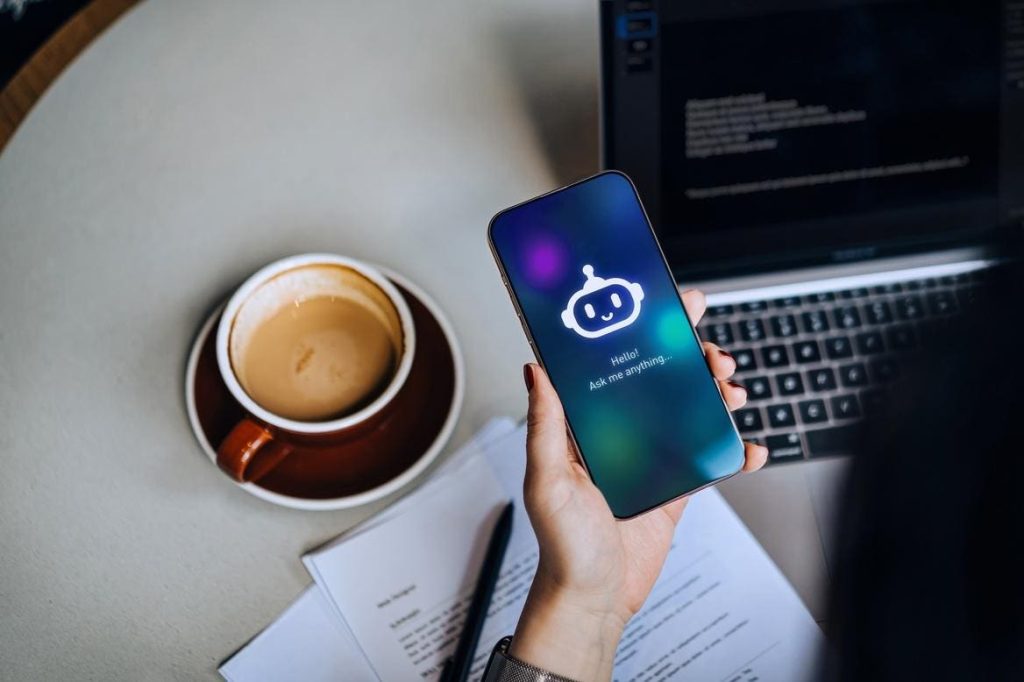Michael Kuzminov is the CEO of HypeFactory, a global AI-powered influencer marketing agency.
Marketing is undergoing a profound transformation, with artificial intelligence at the forefront of this process. Traditional search and advertising methods still matter, but brands can no longer depend solely on organic rankings or conventional campaigns to maintain their presence. AI-powered search engines and digital assistants have completely changed the way consumers interact with brands. To ensure they remain visible, marketing specialists must fully understand and embrace the rise of AI search.
The Shift In Brand Discovery
AI-driven search tools now aggregate information and provide concise, direct answers, often reducing the need for users to visit websites at all. Research by Ahrefs found that Google’s AI Overviews have led to a 34.5% lower average click-through rate for the top-ranking page. Gartner estimates that by 2026, traditional search engine volume will decrease 25% thanks to AI chatbots and virtual agents. All of this means that brand mentions outside of traditional search channels will be even more vital.
It’s worth noting that standard search engines are also increasingly being disregarded by younger users who instead seek information from trusted individuals on social media, such as influencers. They tend to trust recommendations from real people over those generated by algorithms.
AI systems prioritize content from trusted experts, so this means influencer marketing can be a key factor for brand discovery in AI-powered searches.
Adapting Brand Strategies For The AI Era
To thrive in this AI-driven search environment, brands must rethink their visibility and discoverability strategies.
Trusted influencers are one key to brand promotion. Building long-term relationships with influencers not only strengthens brand trust among audiences, but it also can increase the likelihood that AI algorithms will recognize and prioritize these connections.
To build relationships with influencers, I recommend setting clear campaign goals and ensuring alignment with influencers on them. That’s where open and transparent communication comes in. It helps creators produce quality content that strengthens your partnership and generates trusted mentions. Such authentic endorsements are more likely to be perceived as credible AI-friendly mentions.
User-generated content can be another powerful driver of visibility. AI algorithms consider your brand’s entire online presence, which can include UGC such as reviews, testimonials and social media posts. The more organic content that exists about you, the greater the chance that AI search tools will highlight you in their answers. Monitoring how and where your brand is mentioned online is crucial. By actively managing your online reputation, you can boost the chances that AI-produced summaries will portray your brand favorably and truthfully.
To encourage more UGC, ask your clients to share their experience with your brand on social media in exchange for a gift, or tap into the power of UGC creators who know how to inspire people to talk about you.
Looking Ahead: Prioritize Human Creativity
In the coming years, AI search will likely thrive and strengthen. Traditional marketing tools like SEO and advertising aren’t enough if you want to stay ahead of the game. To remain competitive, it’s important to prioritize authentic, human-driven content. That’s where influencer marketing, UGC, reviews and media mentions are taking the stage.
Forbes Agency Council is an invitation-only community for executives in successful public relations, media strategy, creative and advertising agencies. Do I qualify?


